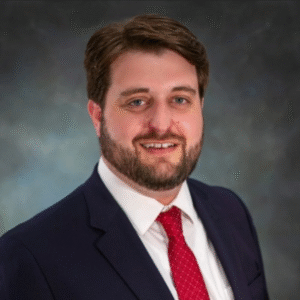Community Engagement Validates “AI First for People” Approach
Velatura Public Benefit Corporation recently hosted a community event showcasing how artificial intelligence can eliminate healthcare communication barriers, bringing together 40 community members to experience our innovative approach firsthand.
The event highlighted a critical healthcare challenge: 48% of adults with limited English proficiency experience language barriers in healthcare settings, with 34% struggling to fill out healthcare forms and 33% having difficulty communicating with medical office staff. These barriers can lead to misdiagnoses, medication errors, and inadequate treatment outcomes across all communities.
Technology That Serves Communities
The centerpiece of the event featured our Consent Manager+ technology, built using custom-trained AI models from the UAE’s open-source Falcon Large Language Model. Unlike traditional translation services, our approach incorporates Reinforcement Learning with Human Feedback to deliver culturally authentic interactions that preserve both medical accuracy and cultural context.
Amber Weeks, AI Program Manager, led an interactive workshop that allowed attendees to experience how AI can facilitate more effective communication between patients and healthcare providers. The hands-on approach demonstrated our core philosophy: technology should serve people, not the other way around.
Scalable Healthcare Innovation
Dr. Tim Pletcher, Chief Executive Officer of Velatura, presented our “AI First for People” philosophy, emphasizing how technology can be tailored to meet specific community needs while maintaining the highest standards of medical accuracy and cultural sensitivity.
The technology’s custom-trained models create new standards for multilingual healthcare AI that go beyond translation to build solutions that truly serve diverse communities. This community-centered approach represents a scalable model for addressing healthcare communication challenges across different populations and geographic markets.
Building Bridges Through Innovation
The event, sponsored by J&B Medical, demonstrated the power of community partnerships in developing healthcare solutions. Stephen Shaya, M.D., Executive Servant Leader of J&B Medical,,shared insights about putting “health back in healthcare” by making it more affordable and accessible – values that align with our mission to serve underserved populations through innovative technology.
The enthusiastic community response validated our approach of developing AI solutions through direct community engagement rather than theoretical applications. This model of community-centered innovation can be adapted to address healthcare communication challenges for any population, whether based on language, health literacy, or other accessibility barriers.
As we continue expanding our community-focused approach to healthcare AI, the success of this initiative demonstrates how technology can bridge gaps and create more accessible healthcare for all communities.
See photos from the event here.


 We are delighted to welcome Zachary Kempf as our new Deputy Director serving our Missouri customers, bringing his exceptional local expertise to strengthen our nationwide organization.
We are delighted to welcome Zachary Kempf as our new Deputy Director serving our Missouri customers, bringing his exceptional local expertise to strengthen our nationwide organization.